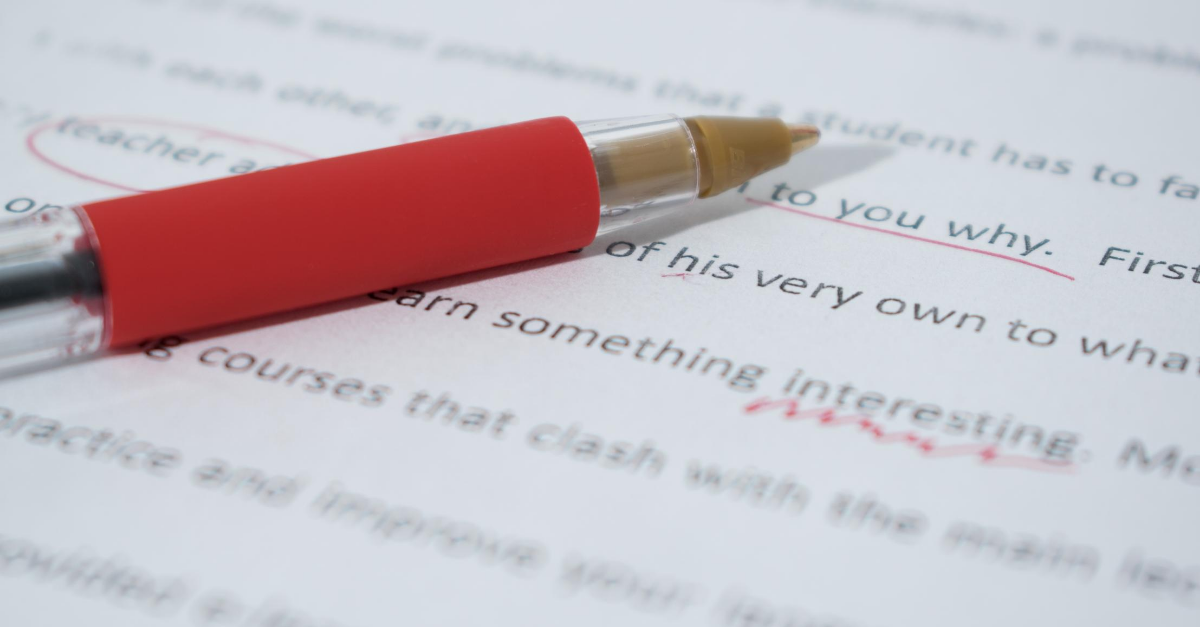|
So it’s not a developmental edit? No. It’s not. While developmental editing does look at language as a function of the entire manuscript, its primary focus is on larger structural functions of the story like timeline, pacing, character development, and authenticity. Developmental editing is taking a macroscopic look at the book, while line editing is applying a mesoscopic (middle or intermediate) lens to the content. And it’s not a copyedit? Nope again. Copyediting is the final microscopic lens of editing. Copyedits correct errors in spelling, punctuation, grammar, fact-checking, word usage, and style. A copyedit wants consistency, and it seeks to eliminate glaring language errors that will distract readers and pull them out of the story. What might a line edit look like? There might be some elements of both developmental editing and copyediting involved in a line edit, especially because the goal of this type of edit is to upgrade the language for clarity. A reader will not achieve that blissful feeling of sinking into your text if it has glaring inconsistencies. So along the way, line editors will likely address any or all of the following elements:
Why is it important to know the difference? You might be looking to hire a freelance editor for a manuscript, and they’ll likely be versed in a wide variety of editorial services. You need to know the right one to select for your manuscript and how to most effectively communicate your desires. Of course, any freelance editor worth their salt is going to help you select the right service from the get-go, but arming yourself with knowledge even before approaching a contract is highly suggested. Or, if this is your first time stepping into the publishing world with a manuscript, folks are going to be using these terms to inform you of the next steps in their process. And once any type of editing is done, it’s up to the author to incorporate, apply, or revise. Some edits are much more time-consuming than others, and line editing falls into that middle territory. You’ll need to parse through all the individual edits, but it’s not nearly as complicated as a developmental edit. On the other hand, you likely won’t just be clicking “accept all” for all the spelling and punctuation errors to be magically fixed. You’ll want to investigate each line edit, and it might even require some work on your end. Conclusion The ultimate goal of a line edit is not only to elevate the manuscript, but also to improve the craft of the writer. A writer cannot address their tics if they can’t see them. They won’t know about the potential power of certain words or phrases until someone looks at their writing and points these things out. All editing seeks to improve a manuscript, but line editing in particular has the ability to have a long-lasting effect on writers themselves. This was written for and originally appeared on the Ooligan Press blog on May 11, 2020.
1 Comment
|
AuthorMelinda Jasmine Crouchley, YA supernatural science fiction author and professional editor. Archives
February 2023
Categories
All
|

 RSS Feed
RSS Feed
